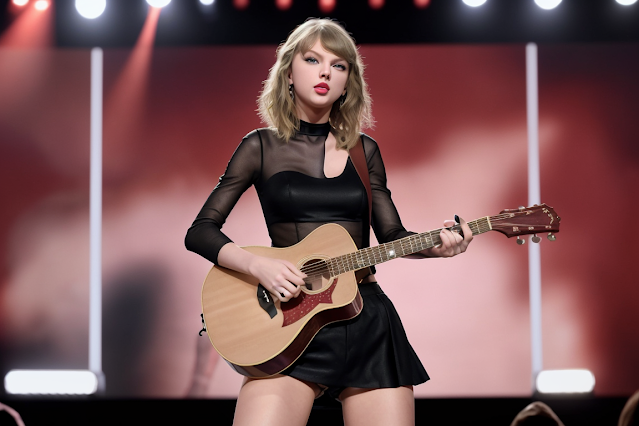The Payment Dispute: Universal's Threat to Remove Taylor Swift's Songs from TikTok
In a recent dispute, Universal Music Group (UMG) has taken legal action against popular short-form video app TikTok over copyright infringement. The music giant claims TikTok has failed to secure licenses for using its songs on its platform without permission from UMG or its affiliated labels.
The case highlights growing tensions between music companies and social media platforms as they navigate how to monetize user-generated content featuring copyrighted material. UMG argues TikTok has allowed users to incorporate its songs into videos without proper authorization, resulting in significant harm to the company's business interests.
UMG's move comes at a critical juncture for TikTok, which has seen a meteoric rise in popularity in recent years. The app's algorithmic recommendation engine and user-friendly interface have made it a go-to destination for short-form video content, with over 689 million active users worldwide.
However, TikTok's success has also attracted scrutiny from copyright holders, who argue the app's lax approach to copyright infringement is harming their businesses. UMG's lawsuit is the latest in a series of legal challenges against TikTok, as music companies seek to protect their intellectual property in the age of social media.
The case is significant because it could set a precedent for how social media platforms handle copyrighted content. If UMG is successful in its legal action, it could force TikTok to implement stricter measures to prevent copyright infringement, potentially leading to a more restrictive environment for user-generated content on social media platforms.
On the other hand, TikTok has argued it has taken significant steps to address copyright concerns, including implementing content identification technology and offering licensing deals to music companies. The company has also pointed out that user-generated content featuring copyrighted material can be beneficial for music companies, as it can help promote their artists and songs to new audiences.
The dispute between UMG and TikTok highlights a broader trend in which music companies are increasingly asserting their rights over user-generated content on social media platforms. As social media continues to transform how people consume and share content, music companies are grappling with how to monetize this new landscape while protecting their intellectual property rights. The outcome of this case could have far-reaching implications for how social media platforms and music companies interact in this rapidly evolving digital landscape.


Post a Comment